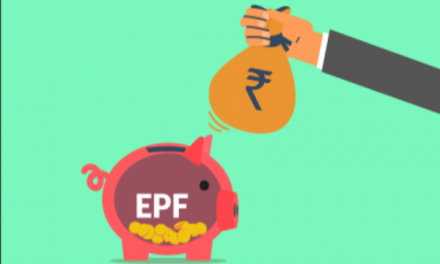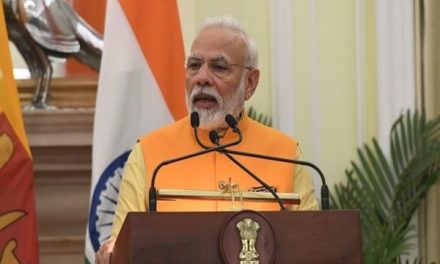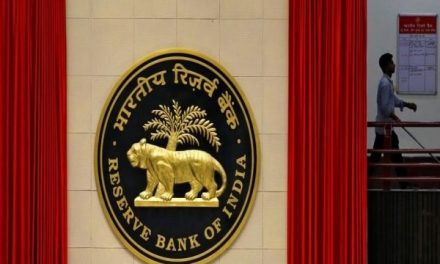The government on Tuesday made it clear that no document will be collected during the updation of the National Population Register (NPR) and providing Aadhaar number during the exercise is only voluntary. The government is in discussion with the states having concerns with regard to the preparation of the NPR. The demographic and other particulars of each family and individual are to be updated/collected during the exercise of updation of NPR. Union Minister of State for Home Nityanand Rai also said an instruction manual for updation of NPR 2020 for enumerators and supervisors has been prepared and the people will have to provide information for the NPR to the best of their knowledge and belief.
“No document is to be collected during the updation of NPR,” he said replying a written question. The minister also made it clear that during the NPR updation exercise, no verification will be done to find individuals whose citizenship is doubtful. The NPR exercise will be carried out across the country along with the house listing phase of the Census 2021 from April 1 to September 30, 2020. “The NPR updation will be undertaken through the house to house enumeration for collection of specified particulars relating to each family and individual. The respondent has to provide the information true to the best of his knowledge and belief. Aadhar Number is collected voluntarily,” he said.
Rai said population register is a register containing details of persons usually residing in a village or rural area or town or ward or demarcated area within award in a town or urban area. “The NPR was first prepared in 2010 and updated in 2015. In pursuance of Sub-rule (4) of Rule 3 of the Citizenship (Registration of Citizens and Issue of National Identity Cards) Rules, 2003, framed under the Citizenship Act,1955, central government decided to prepare and update the population register during April to September 2020 throughout the country except Assam for collection of information relating to all persons usually residing in village or town,” he said.
The Kerala government has announced that it will implement the census exercise but will not cooperate with the NPR. “As the NPR is a process that leads to the NRC, there is a sense of fear among the people. If the NPR and NRC are implemented in Kerala, it will lead to widespread anarchy. That is the experience of the state where the NRC was implemented,” said a statement released by the Kerala Chief Minister’s Office. At a meeting of about 20 opposition parties led by Congress president Sonia Gandhi about a month ago, it was decided that the parties will urge all chief ministers who have decided not to implement the NRC in their states to also consider suspending the NPR enumeration “as this will be a prelude to the NRC”.
The NPR is a register of usual residents of the country. It is being prepared at the local village/sub-town, subdistrict, district, state and national levels under provisions of the Citizenship Act, 1955, and the Citizenship (Registration of Citizens and Issue of National Identity Cards) Rules, 2003. For the purposes of the NPR, a usual resident is defined as a person who has resided in a local area for past six months or more or a person who intends to reside in that area for the next six months.
Replying to another question, the minister said the Citizenship (Amendment) Act, 2019 came into force on January 10, 2020. Persons covered by this act can submit applications for grant of citizenship after appropriate rules are notified by the central government. “No specific instruction has been issued by the central government regarding the release of migrants from detention centres after enacting the Citizenship (Amendment) Act, 2019.











